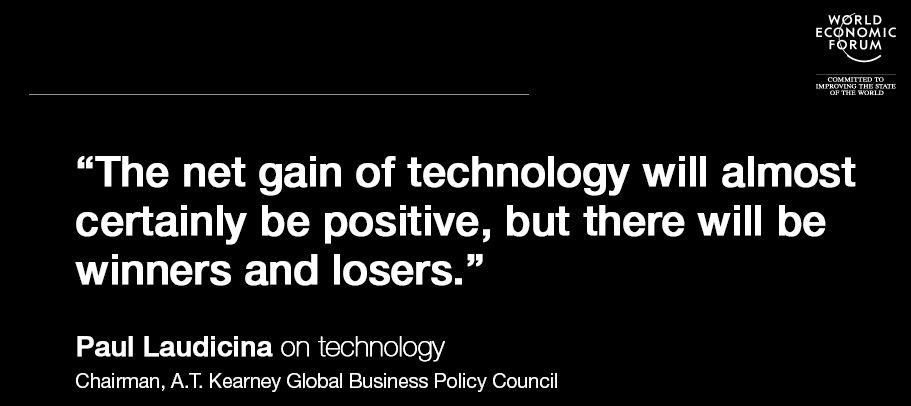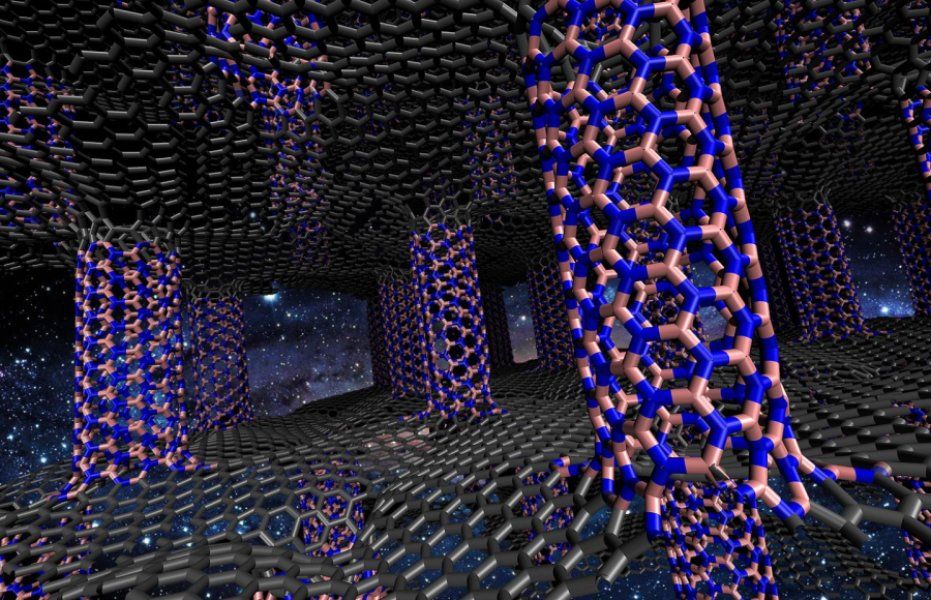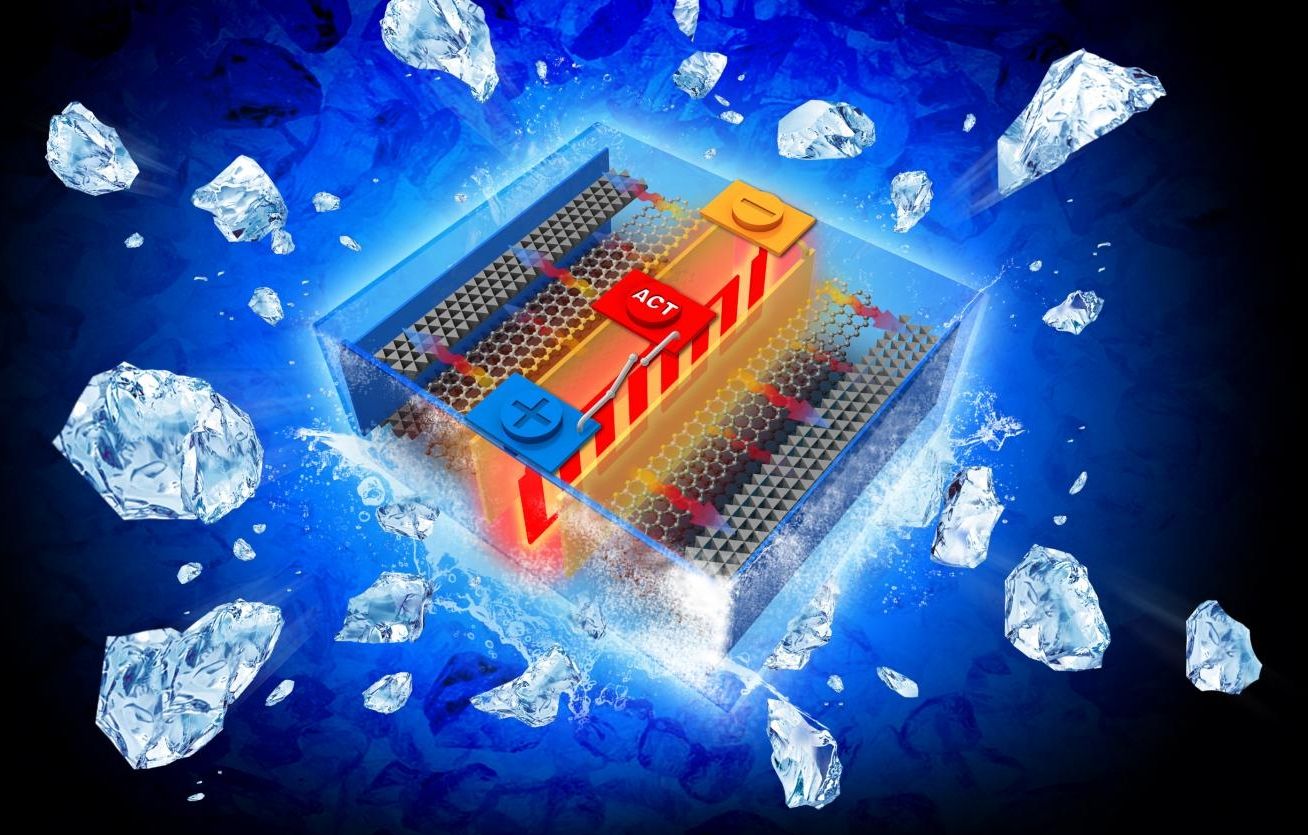Page 11418
Jan 20, 2016
Stephen Hawking: Black Holes Have ‘Hair’
Posted by Andreas Matt in categories: cosmology, particle physics
Black holes may sport a luxurious head of “hair” made up of ghostly, zero-energy particles, says a new hypothesis proposed by Stephen Hawking and other physicists.
The new paper, which was published online Jan. 5 in the preprint journal arXiv, proposes that at least some of the information devoured by a black hole is stored in these electric hairs.
Still, the new proposal doesn’t prove that all the information that enters a black hole is preserved.
Jan 20, 2016
Report by Robert Scoble from CES | KurzweilAI
Posted by Odette Bohr Dienel in categories: augmented reality, driverless cars, electronics, virtual reality
“CES wrapped up last week and I can say it was the best one I’ve seen in a decade. Three big stories jumped out this year:
1. VR.
2. Self driving cars.
3. AR.”
Jan 20, 2016
Evidence of a real ninth planet discovered
Posted by Shailesh Prasad in categories: computing, space
Caltech researchers have found evidence of a giant planet tracing a bizarre, highly elongated orbit in the outer solar system. The object, which the researchers have nicknamed Planet Nine, has a mass about 10 times that of Earth and orbits about 20 times farther from the sun on average than does Neptune (which orbits the sun at an average distance of 2.8 billion miles). In fact, it would take this new planet between 10,000 and 20,000 years to make just one full orbit around the sun.
The researchers, Konstantin Batygin and Mike Brown, discovered the planet’s existence through mathematical modeling and computer simulations but have not yet observed the object directly.
“This would be a real ninth planet,” says Brown, the Richard and Barbara Rosenberg Professor of Planetary Astronomy. “There have only been two true planets discovered since ancient times, and this would be a third. It’s a pretty substantial chunk of our solar system that’s still out there to be found, which is pretty exciting.”
Jan 20, 2016
Weak electrical field found to carry information around the brain
Posted by Shailesh Prasad in category: neuroscience
Researchers have identified slow-moving brainwaves they say could be carried only by the brain’s gentle electrical field, a mechanism previously thought to be incapable of spreading neural signals on its own.
Jan 20, 2016
Globalization is dead: what now?
Posted by Karen Hurst in categories: biotech/medical, economics, genetics, robotics/AI
Interesting perspective of the world and globalization.
It is my belief that we are heading toward a blend of Islandization and Commonization. World transformation is powered first and foremost by the mega-driver of technology, which in turn is central to both of these worlds. The most significant change in the past seven years of world history is that we have entered into a period of sustained technological progress. I fully expect in coming years further breakthroughs in areas including alternative energy, biotechnology and artificial intelligence that dramatically change our economies and our societies.
Unfortunately, I am less sure that technological change will be positive. The exploitation by violent extremists of social media is a case in point of the double-edge that new technologies can bring. This is an extremely disruptive and dislocating time for individuals, organizations and governments alike. The net gain of technology will almost certainly be positive, but there will be winners and losers, and losers will not necessarily go quietly. Nor will the winners necessarily perceive objective gain as actual gain. And some new technologies, such as the gene-editing powers of CRISPR, point to a highly uncertain future.
Jan 20, 2016
Electromagnetic properties of graphene-boron nitride materials
Posted by Karen Hurst in categories: materials, nanotechnology
Change NextGen Product Landscape
The electromagnetic properties of graphene and boron nitride hybrids has been defined by new research. The results provide a roadmap for new nano-engineered applications.” id=” metasummary.
Jan 20, 2016
Switchable material could enable new memory chips
Posted by Karen Hurst in categories: computing, materials
Retaining information even when loss of power.
Small voltage can flip thin film between two crystal states — one metallic, one semiconducting — new research indicates. The research involves a thin-film material called a strontium cobaltite, or SrCoOx.”
Jan 20, 2016
Self-heating lithium-ion battery could beat the winter woes
Posted by Shailesh Prasad in categories: energy, transportation
A lithium-ion battery that self heats if the temperature is below 32 degrees Fahrenheit has multiple applications, but may have the most impact on relieving winter “range anxiety” for electric vehicle owners, according to a team of researchers from Penn State and EC Power, State College.
Jan 20, 2016
Copper deposition to fabricate tiny 3D objects
Posted by Shailesh Prasad in category: 3D printing
A new 3-D microprinting process allows scientists to easily manufacture tiny, complex metal components. The used technology was designed by ETH researchers years ago for biological research and has now been further developed for a completely different application.


















